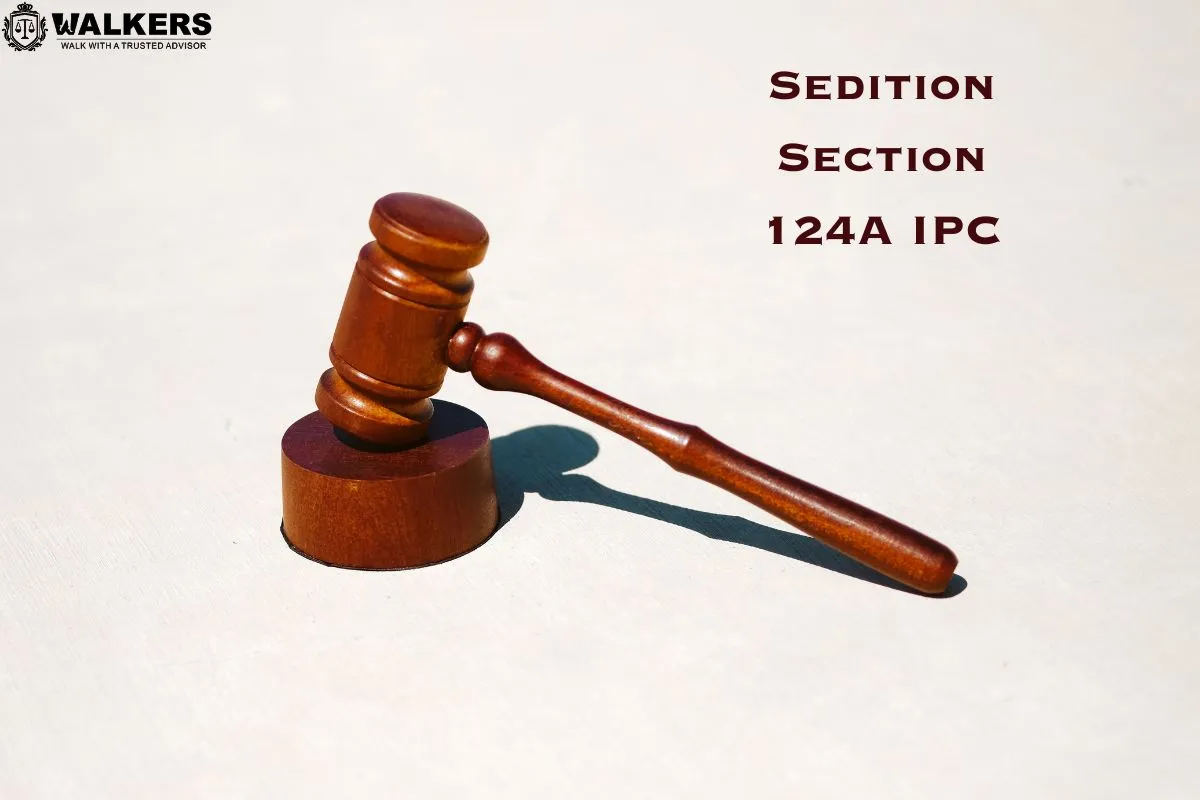

 "Law Commission of India, Headed by Former Chief Justice Ritu Raj Awasthi, Supports Retention of Sedition Law: Recommends Stricter Punishment"
In a significant development, the 22nd Law Commission of India, led by former Chief Justice of Karnataka High Court Ritu Raj Awasthi, has recommended the retention of Section 124A of the Indian Penal Code (IPC), which deals with sedition. The commission has suggested certain amendments to the provision, aiming to bring greater clarity on its usage based on the precedent set by the Kedar Nath Singh v. State of Bihar case.
Notably, the commission has also proposed an enhancement in the punishment outlined in Section 124A. Presently, the law entails imprisonment ranging from three years to life imprisonment. The commission recommends increasing the maximum jail term from three years to seven years to address the disparity in punishments compared to other offenses under Chapter VI of the IPC.
Additionally, the Law Commission has recommended that no First Information Report (FIR) should be registered under Section 124A without a preliminary inquiry conducted by a police officer of at least the rank of Inspector. The report suggests incorporating an amendment to Section 154 of the Code of Criminal Procedure (CrPC) to require permission from the Central or State Government, based on the inquiry report, before registering an FIR.
Responding to arguments about other countries abolishing sedition laws and the colonial legacy of the provision, the commission emphasized that repealing Section 124A solely based on such grounds would overlook the existing ground realities in India. It emphasized the distinction between healthy criticism of the government, which is permissible in a democratic setup, and the pernicious tendency to incite violence or cause public disorder, which the sedition law seeks to penalize.
This recommendation by the Law Commission holds significant implications for the future of sedition laws in India and aims to strike a balance between freedom of speech and maintaining public order.
"Law Commission of India, Headed by Former Chief Justice Ritu Raj Awasthi, Supports Retention of Sedition Law: Recommends Stricter Punishment"
In a significant development, the 22nd Law Commission of India, led by former Chief Justice of Karnataka High Court Ritu Raj Awasthi, has recommended the retention of Section 124A of the Indian Penal Code (IPC), which deals with sedition. The commission has suggested certain amendments to the provision, aiming to bring greater clarity on its usage based on the precedent set by the Kedar Nath Singh v. State of Bihar case.
Notably, the commission has also proposed an enhancement in the punishment outlined in Section 124A. Presently, the law entails imprisonment ranging from three years to life imprisonment. The commission recommends increasing the maximum jail term from three years to seven years to address the disparity in punishments compared to other offenses under Chapter VI of the IPC.
Additionally, the Law Commission has recommended that no First Information Report (FIR) should be registered under Section 124A without a preliminary inquiry conducted by a police officer of at least the rank of Inspector. The report suggests incorporating an amendment to Section 154 of the Code of Criminal Procedure (CrPC) to require permission from the Central or State Government, based on the inquiry report, before registering an FIR.
Responding to arguments about other countries abolishing sedition laws and the colonial legacy of the provision, the commission emphasized that repealing Section 124A solely based on such grounds would overlook the existing ground realities in India. It emphasized the distinction between healthy criticism of the government, which is permissible in a democratic setup, and the pernicious tendency to incite violence or cause public disorder, which the sedition law seeks to penalize.
This recommendation by the Law Commission holds significant implications for the future of sedition laws in India and aims to strike a balance between freedom of speech and maintaining public order. Click Here to: Download/View Related File
TAGS: Law Commission of India Retention Section 124A IPC Sedition Enhancement in Punishment Report Chief Justice Amendments Clarity Kedar Nath Singh v. State of Bihar Jail term 3 years 7 years Disparity First Information Report Preliminary Inquiry Central Government State Government Amendment Code of Criminal Procedure Colonial Legacy Ground Realities Freedom of Speech Public Disorder.